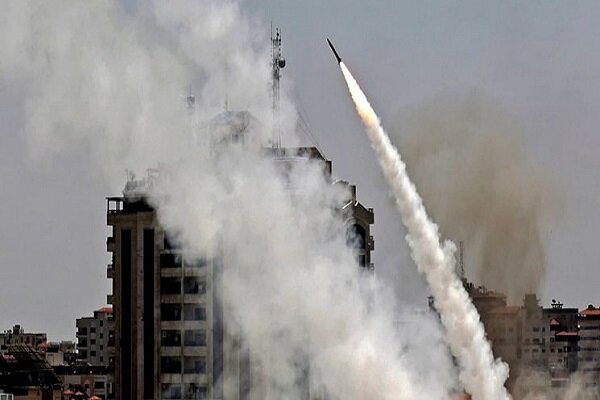“The Ayyash 250 missile, with a range greater than 250km has been launched at Ramon Airport, about 220km from Gaza,” Abu Obeida said.
The rocket is named after Yahya Ayyash, one of Hamas’s leading operatives before he was assassinated by Israel regime in 1996.
Abu Obeida called the rocket launching part of the Al-Qassam Brigades’ response to the killing of its senior commanders.
Sirens go off warning of rocket attacks at Tel Aviv
The Zionist media reported sirens went off warning of rocket attacks following a large-scale rocket attack by Resistance forces on Tel Aviv.
Al-Qassam Brigades said it had targeted Tel Aviv, Beersheba and Netivot, as well as Tel Nof and Nevatim airbases.
Israeli TV Channel 12 reports that in the new round of attacks by the Palestinian Resistance, more than 100 rockets were fired at the occupied territories.
It also reported that three people were injured in the town of Kiryat Gat.
Our weapons are for sake of our land, to defend our people: Hamas
The spokesman for Hamas’s armed wing, the Qassam Brigades, warned Israel there are “no red lines if al-Aqsa is violated”.
Abu Obeida said the decision to bomb Dimona, Tel Aviv and other Israeli cities “is easier for us than drinking water”.
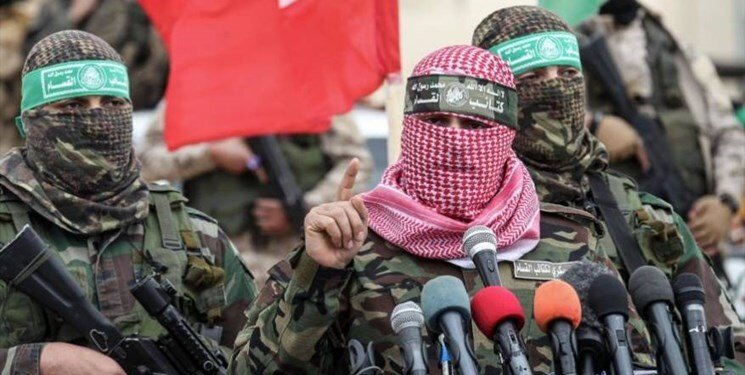
“We reassure our people that we have more rockets in our inventory, and our missile strikes have revealed the enemy’s fragility,” he said.
Abu Obedia said the Israeli army will sorely regret carrying out a ground invasion.
“Our weapons are for our land, for the defense of our people and victory for our sanctities,” the military spokesman said,
“What distinguishes this battle is the solidarity of the Palestinians across the country and their unanimous support for resistance.”
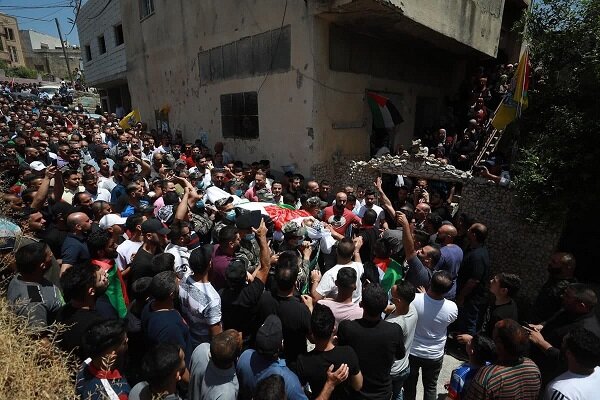
Gaza martyrs rise to 83 as Israeli air raids intensify
The number of Palestinians martyred in the Gaza Strip has now risen to 83, including 17 children, the local health ministry has said.
Israeli fighters jet bomb high-rise buildings and other targets in Gaza while violence also spreads within the occupied territories, Al-Jazeera reported.
Since the Israeli offensive began late on Monday, Gaza’s health ministry says at least 83 people, including 17 children, have been martyred. More than 480 others have been wounded.
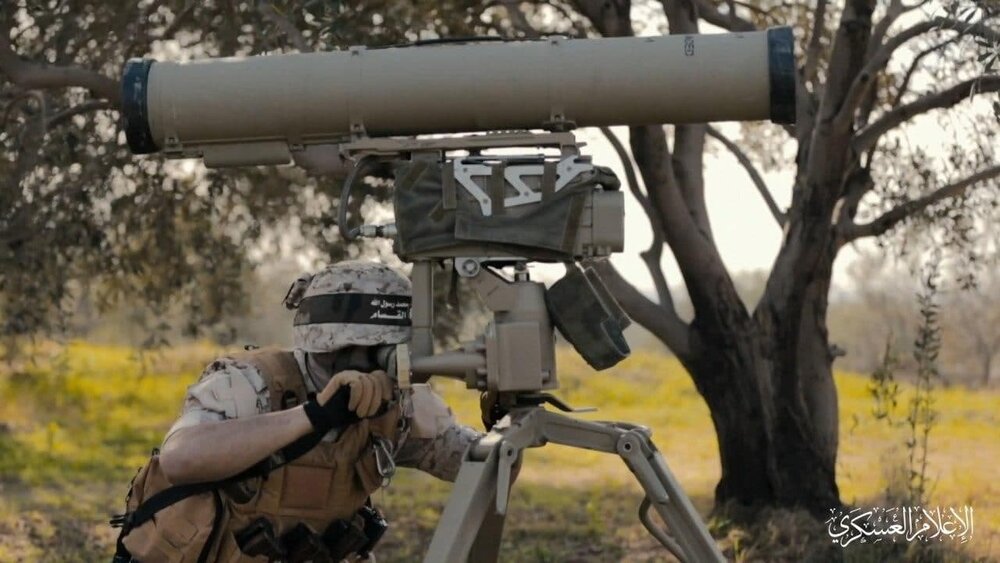
Israeli army vehicle hit by rocket
Palestinian news sources reported that a Kornet anti-tank missile hit a military vehicle of the Israeli army in southern Gaza.
Sources say several Zionist forces appear to have been killed in the attack. The exact number of casualties in this attack has not been reported yet.
Yesterday, the Resistance forces fired two Kornet missiles at the Israeli military vehicles, in which four Zionist forces were seriously wounded and one was killed.
Israeli army wounds 35 in occupied West Bank
At least 35 Palestinians were wounded in confrontations with the Israeli army in various locations in the occupied West Bank, Al Jazeera reported.
According to Al-Jazeera's correspondent, the majority of people were hit by live ammunition and that most injuries occurred in the southern West Bank city of Hebron.
“It was an exceptionally high number of injuries by live fire which shows us that the situation could be escalating rapidly,” the correspondent added.
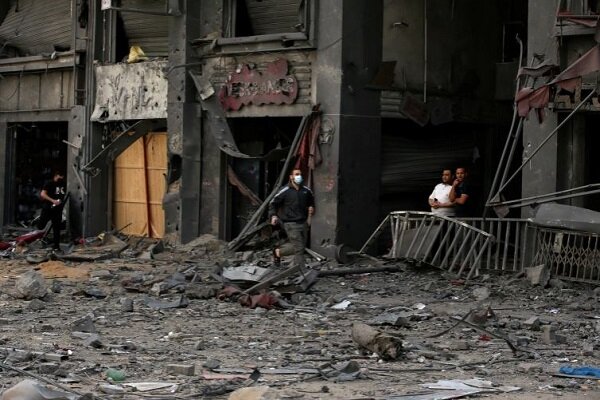
Zionists bomb high-rise buildings as Gaza marks Eid al-Fitr
Israeli fighter jets have attacked high-rise buildings and other targets in the Gaza Strip as Palestinians in the besieged enclave woke up on Thursday to mark Eid al-Fitr under relentless aerial bombardment.
At least six Zionists have also been killed. The Israeli army said hundreds of rockets have been fired from Gaza towards various locations in Israel and they have added reinforcements near the enclave’s eastern lands.
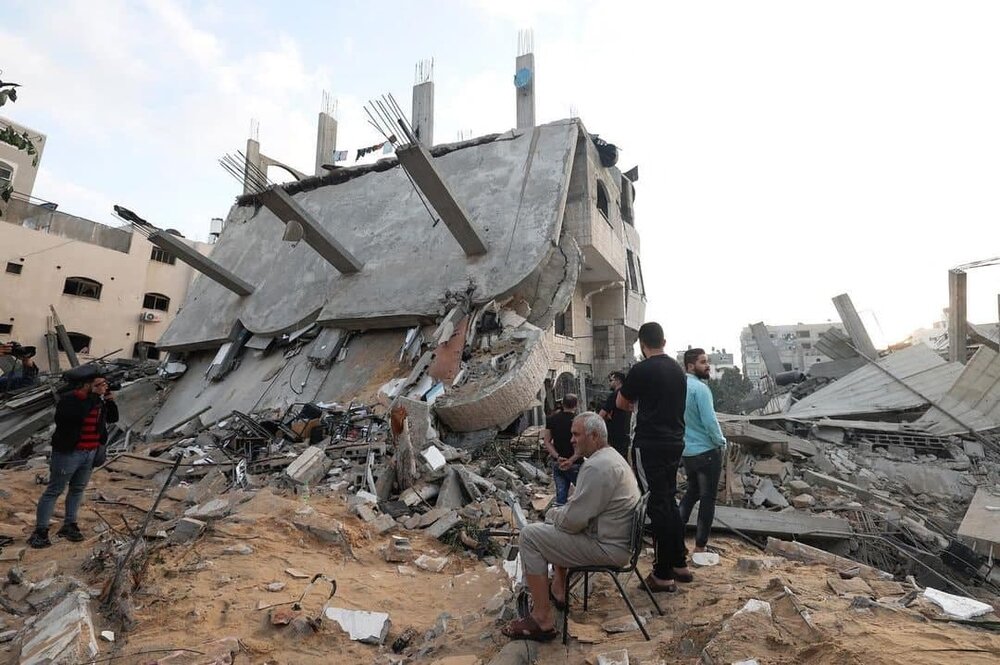
There have also been more violent confrontations between Israelis and Palestinian citizens in several cities inside the occupied lands.
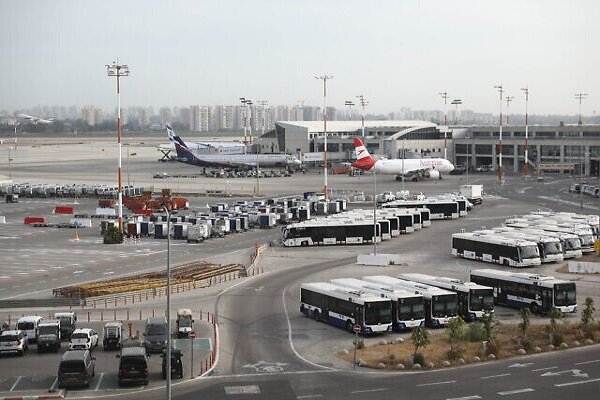
Zionist regime shuts Ben Gurion Airport to incoming flights
The Zionist regime's air officials said Thursday that incoming passenger flights would be diverted from Ben Gurion Airport near Tel Aviv to Ramon Airport outside Eilat in the south.
Following Palestinian Resistance rocket attacks on Tel Aviv, the Zionist regime shut Ben Gurion Airport to incoming flights and diverted them from Ben Gurion Airport to Ramon Airport outside Eilat in the south.
It said guidelines were in place for passenger planes to land at Ramon Airport near the southern resort city of Eilat from early on Thursday.
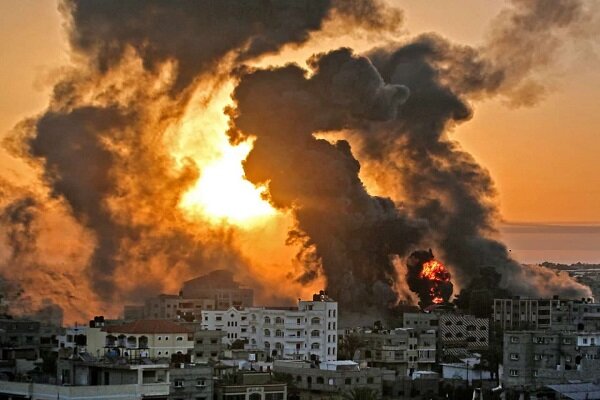
Israeli army says attacked 600 targets in Gaza in 3 days
The Israeli army says it has attacked more than 600 targets in Gaza since the start of the recent fighting against the Palestinians.
According to Al-Jazeera, the Israeli army claimed that 13 missiles were fired from Gaza at Israel from 9 pm last night until this morning, with the Iron Dome intercepting several missiles; But the regime did not release information on the number of missiles that hit the target.
On the other hand, the Joint Operations Room of the Palestinian Resistance Groups announced that on the second day of the clashes with the Zionist enemy, it fired 300 missiles and rockets towards the occupied territories.

Zionist attack on Gaza leaves 72 martyred, incl. 17 children
The Palestinian Ministry of Health announced on Thursday that the number of martyrs in the Israeli airstrikes on the Gaza Strip increased to 72.
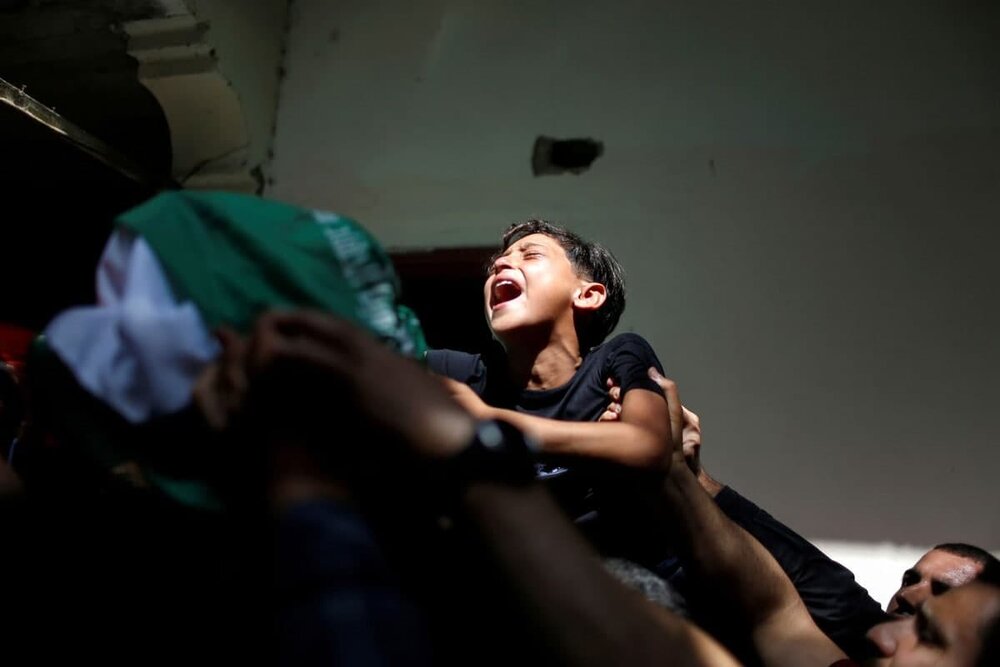
The Ministry of Health announced on Thursday morning that the number of martyrs in the brutal Zionist attacks on the Gaza Strip had reached 72, including 17 children and 6 women.
The number of injured has also increased to 390, including 115 children and 50 women.
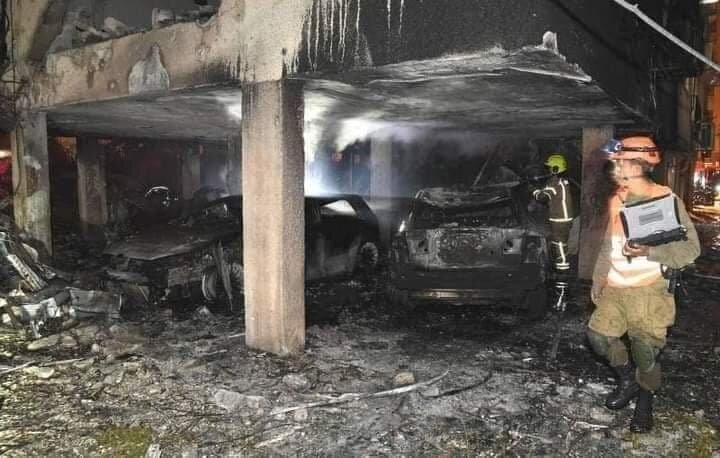
Palestinian Resistance fires 1,500 rockets at occupied lands
The Israeli army estimates that the number of rockets and missiles fired by resistance groups from the Gaza Strip in the last three days has reached 1,500.
A statement issued by the Israeli army claimed that the regime's fighter jets, helicopters and artillery had targeted more than 600 positions in the Gaza Strip over the past three days.
The Zionist regime claims that these targets belonged to the Islamic Jihad Movements and the Palestinian Islamic Resistance (Hamas).
According to the Times of Israel, the regime's army acknowledged that more than 1,500 rockets and missiles had been fired from the Gaza Strip towards the occupied territories, adding that at least five Zionists had been killed and more than 100 injured.
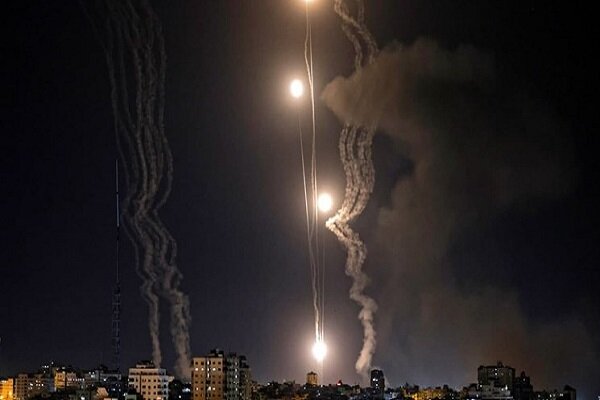
Zionist regime intensifies attacks on various areas of Gaza
Stating that the Zionist regime's attacks are focused on important infrastructure and roads in the Gaza Strip, Palestinian media reported the regime intensified its attack of various areas of Gaza.
News sources in the Gaza Strip say that the Zionist regime has been carrying out heavy airstrikes and artillery attacks in the north, center and south of the Gaza Strip since the early hours of Thursday morning.
The Palestinian Shehab News Agency reported that the building of the Islamic National Bank and other financial institutions in the Gaza Strip have been targeted by Zionist attacks.
"Israeli enemy planes are targeting various areas in the Gaza Strip, including Jabalia and Sheikh Zayed," Shehab correspondent reported from the Gaza Strip.
"Israeli planes are targeting the main roads connecting the provinces of the Gaza Strip," the news agency said, adding that the Sheikh Zayed region alone has been targeted by Zionists more than 30 times in recent minutes.
The Palestinian Resistance movement Hamas had set a deadline for the Zionist military to leave Al-Aqsa Mosque by 6 o'clock local time Monday and free the Palestinians who have been arrested.
Clashes between the Palestinian resistance and the Zionist regime began on Monday after the deadline expired.
ZZ/FNA14000223000027



